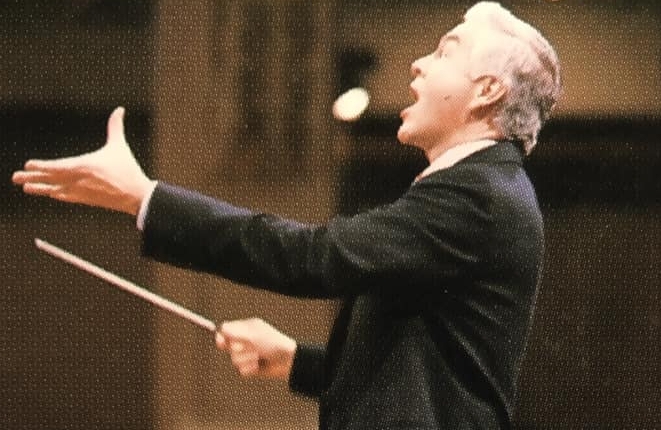
“The Constitution does not confer a right to abortion; Roe and Casey are overruled; and the authority to regulate abortion is returned to the people and their elected representatives.”
“Like the infamous decision in Plessy v. Ferguson, Roe was also egregiously wrong and on a collision course with the Constitution from the day it was decided.”
United States Supreme Court in the Dobbs v. Jackson Women’s Health decision handed down on June 24.
The people living it seldom realize they are in a historic moment. Just like the infamous day Roe v. Wade became law, nothing about day-to-day life is different. No one has flown an airliner into a skyscraper, yet everything has changed. The grass needs mowing. The shrubbery needs trimming. And while many remain defenseless, millions of innocent lives have been saved.
But my mood is more solemn than celebratory. Several reasons for that come to mind.
America has corrected a fifty-year mistake that has taken sixty million innocent, defenseless lives. SIXTY MILLION. It seems to me that we should have a day of national mourning. Perhaps we will when the work is done. For now, the mission remains: we must make abortion not just illegal, but unthinkable.
More sobering is that millions of Americans, including millions who claim to fear God and follow Christ, still believe Dobbs is a mistake and cheats women out of a Constitutional right. Two incontrovertible facts, one legal and one medical, dismantle that delusion. First is Alito’s meticulous rebuttal of the dissenting opinion. “The dissent,” he writes, “does not identify any pre-Roe authority that supports such a right—no state constitutional provision or statute, no federal or state judicial precedent, not even a scholarly treatise.” (Read the rest beginning on page 35 of the opinion). Second, all the medical evidence—heartbeats at 42 days, fetal pain, ultrasound—tells us that we were taking human life from day one. Everyone knows it. Even the President called them babies in one of his classic slips. Human babies made in the image of God. Bill Clinton won an election with the slogan, “It’s the economy, stupid.” Maybe the next GOP candidate should say, “It’s the science.”

Further, abortion has not been banned in America. The ruling means that state laws protecting the unborn are no longer dead on arrival at the Supreme Court. States that permit abortion still permit it.
Another sobering thought: Some Americans will use Dobbs to justify their mission to visit more violence on their neighbors. See the Summer of Rage for example.
But let’s turn the corner.
One of the synonyms for solemn is sacred. Those who have fought and prayed for this day now more than ever have a duty to double down on our support for unwed mothers and fathers and the crisis pregnancy centers that serve them. Demand for their services is going to go through the roof.
We also must teach the dignity and beauty of human sexuality as designed by God and the sanctity of every life. Prudish Pharisaic attitudes toward sex are one of the things that created this problem. But the Song of Solomon is in God’s book.
Finally, it is time to thank God for the sober-minded, courageous, and forthright people who never gave in and never gave up. Dr. James Dobson and the late Chuck Colson gave many of us the theological, medical and philosophical framework to fight abortion, but As Breakpoint’s John Stonestreet said, the Roman Catholics called out this evil when many Protestants took refuge in moral ambiguity and courageous Protestants like Francis Schaeffer called evangelicals out of their moral slumber on abortion.”
More than those, we thank God for the local leaders of crisis pregnancy centers, the regular moms, sisters, brothers, and fathers, and pastors who spoke up, showed up, and paid up to keep their doors open and the marchers marching. Most of all, we thank God for the compassionate women who continue to make themselves available every day to pregnant women in need.






